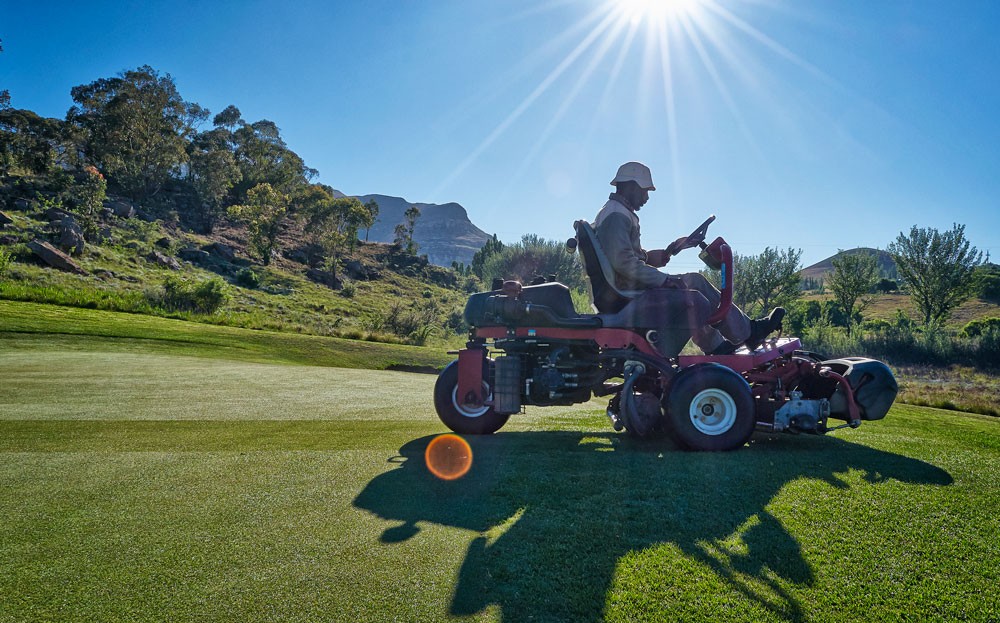Advertisement
At a recent health and safety workshop, the question of contractor responsibility was raised in cases where the homeowners’ association (HOA) of the estate agrees to take responsibility for a contractor hired by the owner of a residence to perform work on the owner’s behalf.
Before getting into that, let’s just look at some facts. The HOA is responsible for anything that takes place on the grounds of the estate, excluding private residences. This includes providing access for contractors to the estate, their behaviour while on estate grounds, and the types of materials and equipment being brought onto the estate.
There are regulations controlling items such as hazardous chemical substances and flammables, and other regulations controlling types of work such as working at heights, grinding and welding. While such work may only be performed on the residence owner’s property, it may have an impact on the estate more widely, or on other residents, their families, members and visitors. For instance, if a fire is started or a hazardous substance spilled, the other residents and rest of the estate would be at risk.
These issues need serious consideration because the HOA may not be familiar with the work being done by the contractor, may not understand the dangers related to materials being used, may not have any experience or training regarding the materials or the work, and may not even understand the legal requirements.
The owner must ensure that the contractor is competent to do the work, and then, in requesting the HOA to take responsibility, has to ensure that the HOA has the necessary competence to carry out this function (Occupational Health and Safety Act, section 8(2)). By the same token, an HOA should never agree to take responsibility for work or materials about which they have no experience or knowledge.
Should the HOA agree to take responsibility, it must be in writing and signed by both the owner and the HOA; if not, the agreement is merely verbal and has no legal standing in a court of law (OHS Act, sections 8(2) and 37(2)).
If an agreement is documented and signed, the HOA may be held legally liable for what the contractor does or does not do on the resident’s property.
Should an accident occur resulting in a serious injury or death, the HOA, the owner and the contractor may all be held liable in a court of law (OHS Act, section 37(1)) regarding compliance with the Occupational Health and Safety Act, its regulations, other regulations and/or South African National Standards (SANS) referred to in the regulations by the Minister.
The courts would want evidence of a completed risk assessment for the work, other required health and safety documentation based on the legal requirements, the contractor’s registration, and proof of the contractor’s level of competence required by law for certain types of work such as electrical work and work involving machinery. If the work being done is within the regulations, the contractor is required by law to be a registered competent person (OHS Act, section 8(2), 9 and 37, and any applicable regulations).
Advertisement



